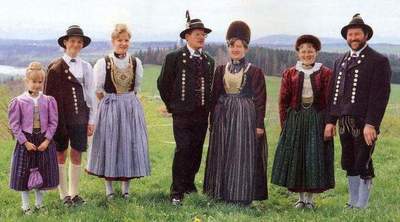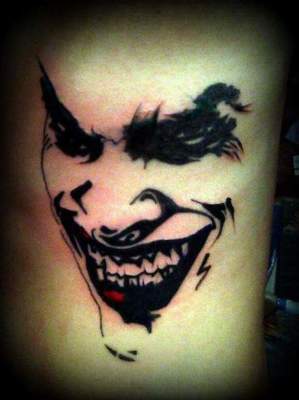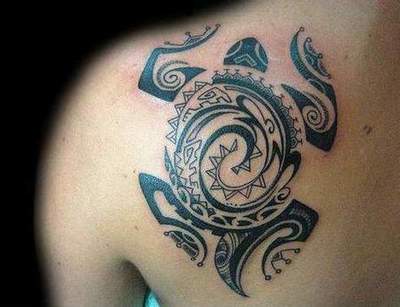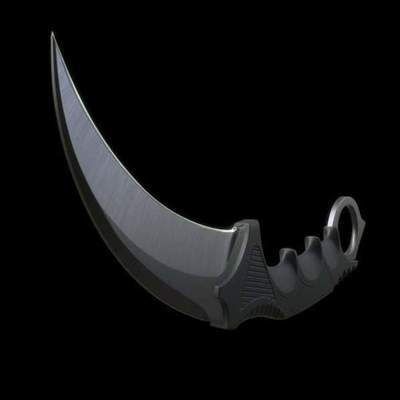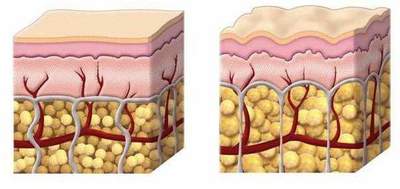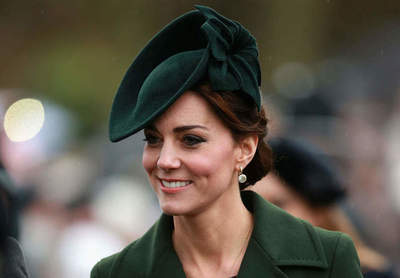Why, after the war, Western countries have changed their attitude towards the Soviet Union
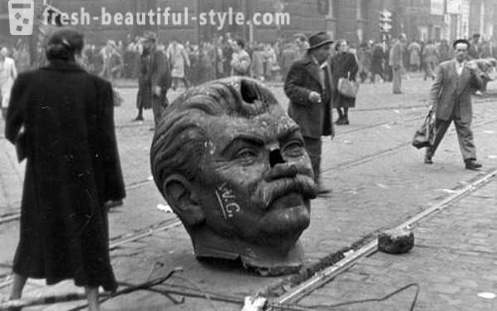
Without Allies celebrated victory over Nazi Germany. Soon after the war, they shared the Iron Curtain. Democratic and "progressive" West saw a new threat in the face of the "totalitarian" communist regime of the USSR.
In anticipation of the changes
According to the results of the Second World War, the Soviet Union finally became one of the superpowers. Our country has had a high international status that emphasizes membership in the UN Security Council and the veto power. The only competitor of the Soviet Union in the international political arena be another superpower - the United States of America. Unsolvable ideological differences between the two world leaders did not allow to hope for a stable relationship.
For many, the political elites of the West the radical changes that have occurred in Eastern Europe and some countries in the Asian region, have become a real shock. The world was divided into two camps: the democratic and socialist. Leaders of the two ideological systems of the US and the USSR in the early post-war years did not understand the limits of tolerance of each other, and therefore took a wait.
Harry Truman, who succeeded to the post of US President Franklin Roosevelt, advocated a tough confrontation between the USSR and communist forces. Almost from the first days of the presidency of the new head of the White House began a review of allied relations with the Soviet Union - one of the fundamental elements of Roosevelt's policy. For Truman was the principal intervention in post-war Eastern Europe without taking into account interests of the USSR, and, if need be, to a position of strength.
The West acts
First broke the lull British Prime Minister Winston Churchill, who instructed the chiefs of staff to assess the prospects for a military invasion of the USSR. operation plan "Unthinkable", scheduled for July 1, 1945, provided for a lightning attack on the USSR in order to offset the communist government. However, the British military have considered such an operation impossible.
Very soon, the West got a more effective means of exerting pressure on the USSR. July 24, 1945 during a meeting at the Potsdam Conference, Truman alluded to Stalin about the atomic bomb by the Americans. "I naturally noticed Stalin that we have a new weapon of unusual destructive force" - recalled Truman. The American president thought that Stalin did not show much interest in this post. However, Soviet leader understood, and soon gave orders Kurchatov reproach develop its own nuclear weapons.
In April 1948, came into effect a plan developed by the United States Secretary of State George Marshall, which is subject to certain conditions assumed recovery of European economies. However, in addition to using the "Marshall Plan" envisaged the gradual replacement of the Communists from power structures of Europe. Former US Vice President Henry Wallace denounced the "Marshall Plan", calling it an instrument of the Cold War against Russia.
The Communist threat to
Immediately after the war in Eastern Europe, with the active assistance of the Soviet Union began to form a new unit politicized socialist countries: Albania, Bulgaria, Hungary, Romania, Poland, Yugoslavia and Czechoslovakia came to power, the Left forces. Moreover, the communist movement gained popularity in some Western European countries - Italy, France, Germany, Sweden. In France, more than ever, there was a high probability of the communists came to power. This caused discontent even in the ranks of European politicians who sympathized with the Soviet Union. The leader of the French Resistance during the war, General de Gaulle directly called Communists' separatists', and Secretary General of the French Section of the Workers' International, Guy Mollet said the Communist deputies in the National Assembly: "You have not left and not right, you - from the East."
The governments of Britain and the United States openly accused Stalin communist coup attempt in Greece and Turkey. Under the pretext of the elimination of the communist threat from the Soviet Union to help Greece and Turkey provides for the allocation of $ 400 million..
The countries of the Western bloc and the socialist camp on the path of ideological war. The stumbling block continued to be Germany, which the former allies, despite the opposition of the Soviet Union, are invited to share. Then the Soviet Union unexpectedly supported French President Vincent Auriol. "I find it absurd and dangerous idea to divide Germany into two parts and use it as a weapon against the Soviets," - he said. However, from the division of Germany in 1949 in the socialist East Germany and capitalist West Germany is not saved.
The Cold War
Churchill's speech, which he delivered in March 1946 in the American Fulton in the presence of Truman, can be called the starting point of the Cold War. Despite the flattering words about Stalin, said a few months ago, the British prime minister accused the Soviet Union in the creation of the Iron Curtain, "tyranny" and "expansionist tendencies" and the communist parties of the capitalist countries called the "fifth column" of the Soviet Union. Differences between the USSR and the West are increasingly drawn into opposing camps in a protracted ideological confrontation which threatened at any moment turn into a real war. Creation in 1949 of NATO military-political bloc closer the likelihood of open conflict.
September 8, 1953 a new US president Dwight Eisenhower wrote to Secretary of State Dulles about the Soviet threat: "In the current circumstances, we would have to consider, is not our duty to go to war in a favorable to future generations, we have chosen the moment."
Nevertheless, it was during the presidency of the United States Eisenhower somewhat softened its attitude towards the Soviet Union. US leader not just once performed the initiator of joint negotiations, the parties significantly closer in their positions on the German problem, agreed to reduce nuclear weapons. However, once in May 1960 over Sverdlovsk had been shot down an American spy plane, all contact ceased.
The cult of personality
In February 1956, Khrushchev made at the XX Congress of the CPSU condemned Stalin's personality cult. This event is unexpected for the Soviet government on the reputation of the Communist Party. Criticism of the Soviet Union crumbled address on all sides. Thus, the Swedish Communist Party accused the Soviet Union that, hiding information from the foreign Communists, the CPSU Central Committee "generously shares it with the bourgeois journalists."
In many of the world communist parties were created groups, depending on the relationship to the Khrushchev report. Most often, it was negative. Some said that the historical truth has been distorted, others felt the report was premature and the third and all were disappointed in the communist ideas. At the end of June 1956 there was a demonstration in Poznan, where the participants carried slogans: "Freedom!", "Bread!", "God!", "Down with communism!" June 5, 1956 at the event responded resonance American newspaper "New York Times" published the full text of Khrushchev's speech. Historians believe that the material performance of the USSR was the head of the West through the Polish Communists.
Commenting on Khrushchev, a journalist, "New York Times" Jim Bell noted that during the Khrushchev report - with tears, listing intrigues, plots and counterplot surrounding the last days of Stalin, - someone from the audience asked: "Why did you kill him ? "Khrushchev said," What could we do? Then there was terror. "
In the Tretyakov Gallery, Bell continued, where a considerable part of the exhibition are paintings of Stalin, there were only two small portraits of the leader of the peoples. American journalist does not hide his positive attitude to what has happened, but finished article with the words: "The Ghost of Stalin for a long time to roam the Earth."
































